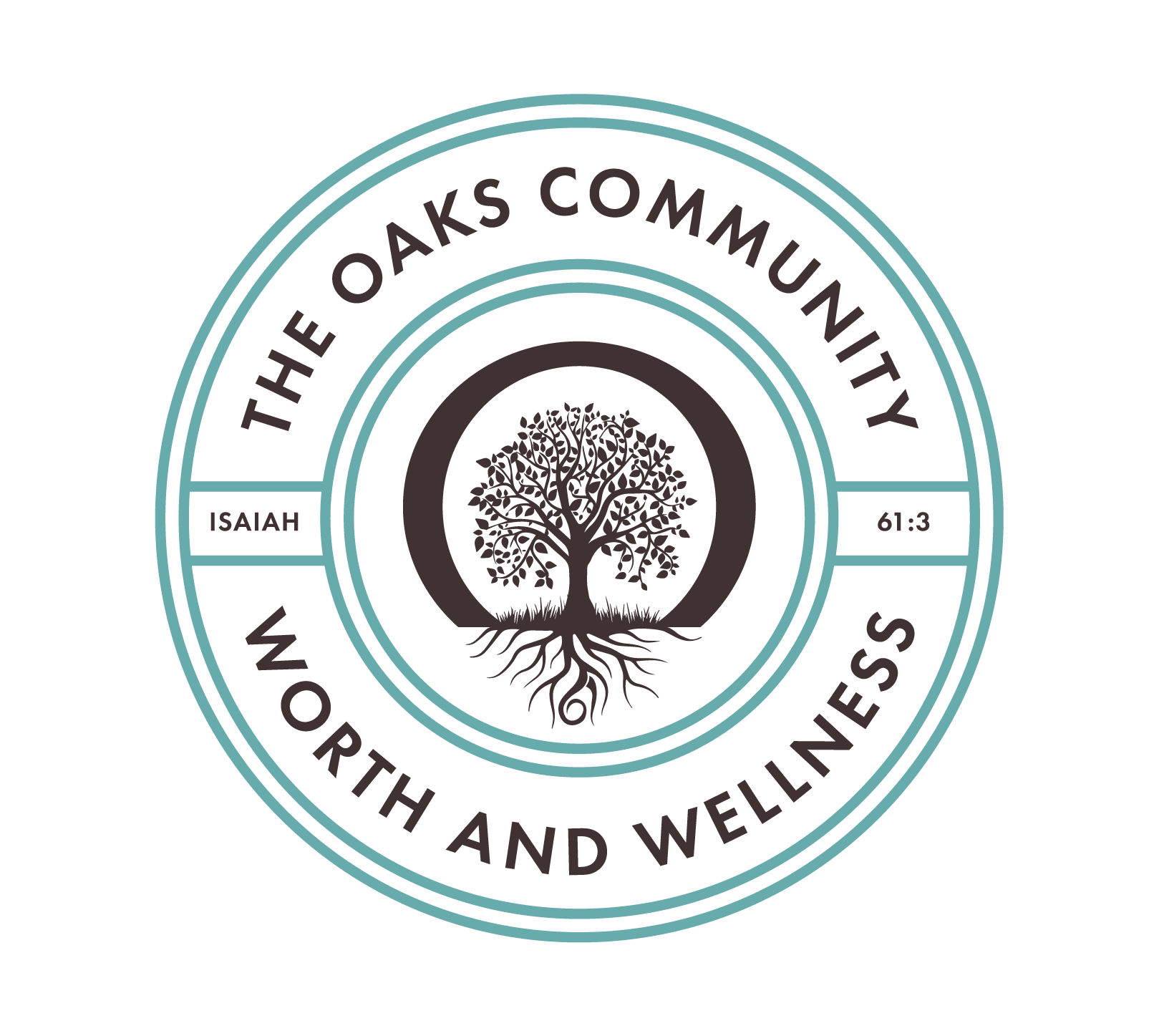How to Care for Your Brain: Part 2
“You are what you eat,” is a popular phrase that is heard often. This section will cover how healthy foods can improve your focus, give mental clarity, improve sleep, and maintain your mental health. Reflect on what you have eaten in the last few days. Hopefully you ate foods that were healthy for you mentally.
Food affects our digestion, sleep, decision making, and moods. Due to food’s impact on our bodies, it is important to consume foods that are going to have a better impact on us. Brain health is important- it helps fight depression, anxiety, ADD, ADHD, and can prevent more severe diagnoses. Brain health contributes to hormone levels which affect sleep, energy, and moods. Healthy eating prevents or delays onset of certain diseases, including dementia. Our own personal relationships will benefit from healthy eating habits, including how we communicate and respond in situations. If we are taking care of our bodies, our response levels are going to be different.
So, what should our bodies consume? Water is very important- it helps w/ thinking and judgment. As a teacher, I always encouraged my students to have water bottles at school so they would stay hydrated. As mentioned in the last blog, our brain naturally releases serotonin, which helps us feel happiness and experience less worry. Some of the foods that assist with serotonin release are fish, turkey or chicken (free-range), eggs, beans, various nuts, spinach, and chickpeas. Foods that assist with dopamine release are raw nuts, cacao (who doesn’t love chocolate), bananas, and avocado. Individuals can also eat various fruits, including blueberries, which are called “brain berries”. Vitamin D helps with depression and cognitive impairment, so go outside, get some fresh air and sun. We are indoors way too much! We need to go outside and “take a hike”. When you are unable to be outdoors, try to find opportunities to take in some Vitamin D, which might mean opening the blinds or curtains in your home or office or parking further away so that you can be outside more and increase your step intake. There are so many ways we can help our bodies both physically and mentally, and choosing the right foods is one way we can prevent certain diseases.
Individuals can still detox their bodies from the harmful toxins they have consumed. Under a professional’s care (doctor, nutritionist, trainer/coach, etc.), individuals can stop unhealthy habits and move toward a healthier brain. Recommendations are to meet with a doctor to find out hormone levels, be aware of food allergens, and possibly have blood tests run. Start incorporating healthy foods and vitamins, a meal plan, and move more. Just remember brain health is a form of self-care.
Written by: Michelle Gallimore, LCMHC
Clinical Director, The Oaks Therapeutic Community, Inc.
